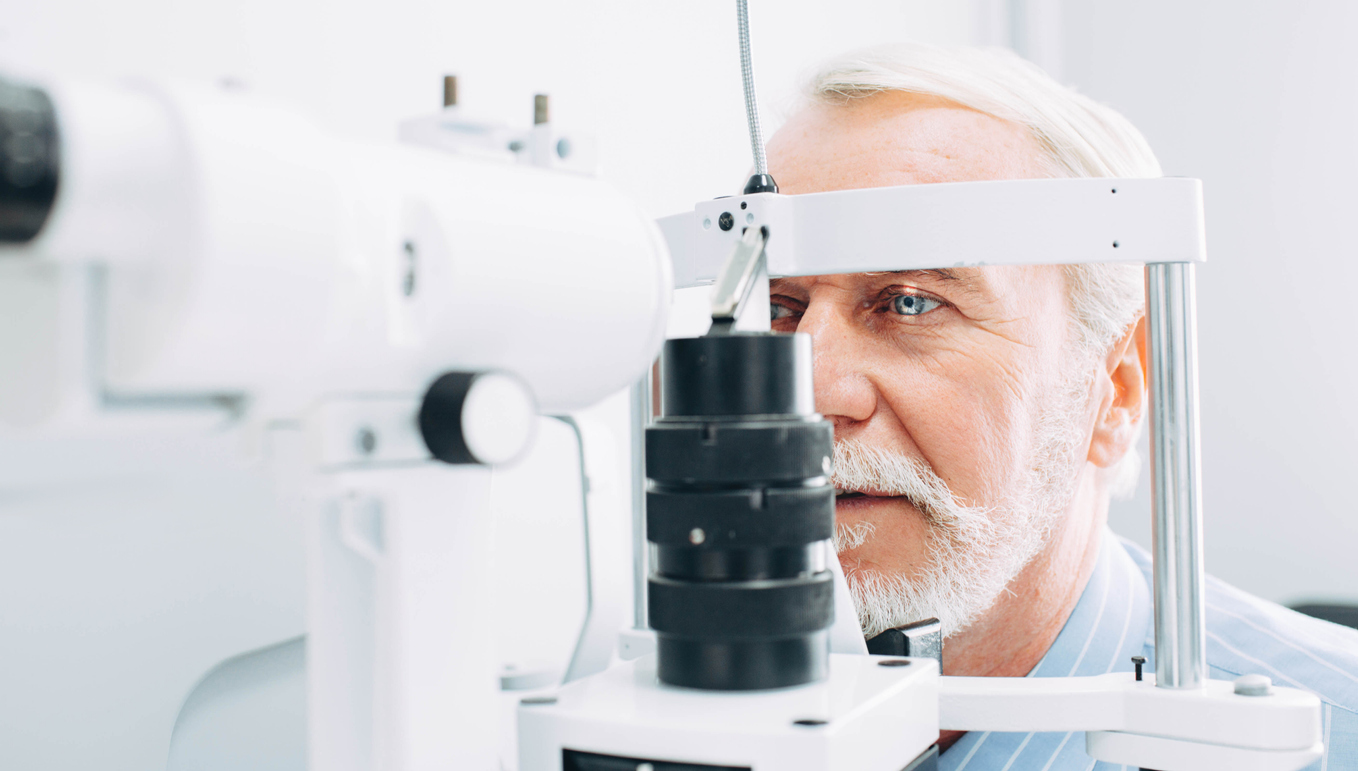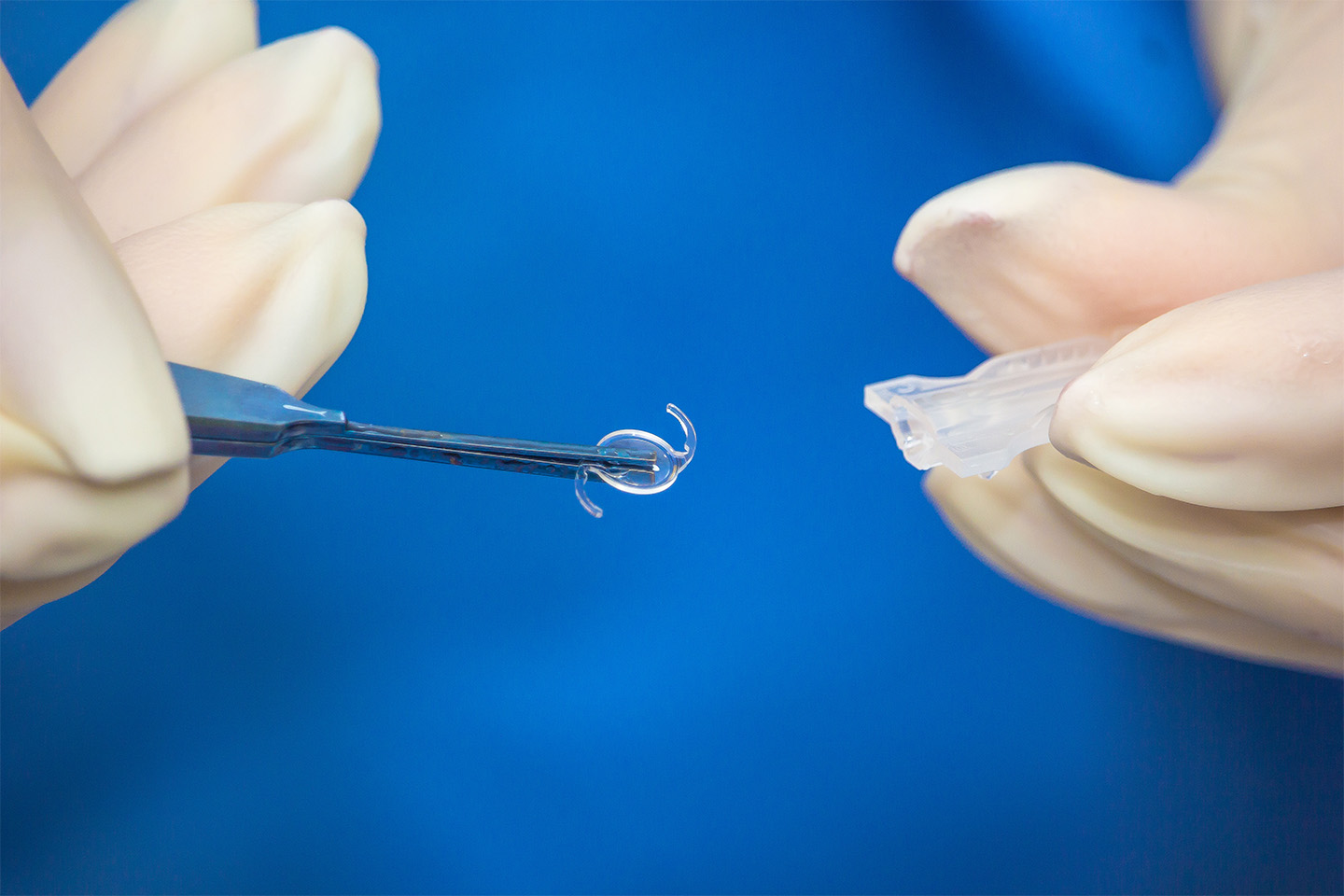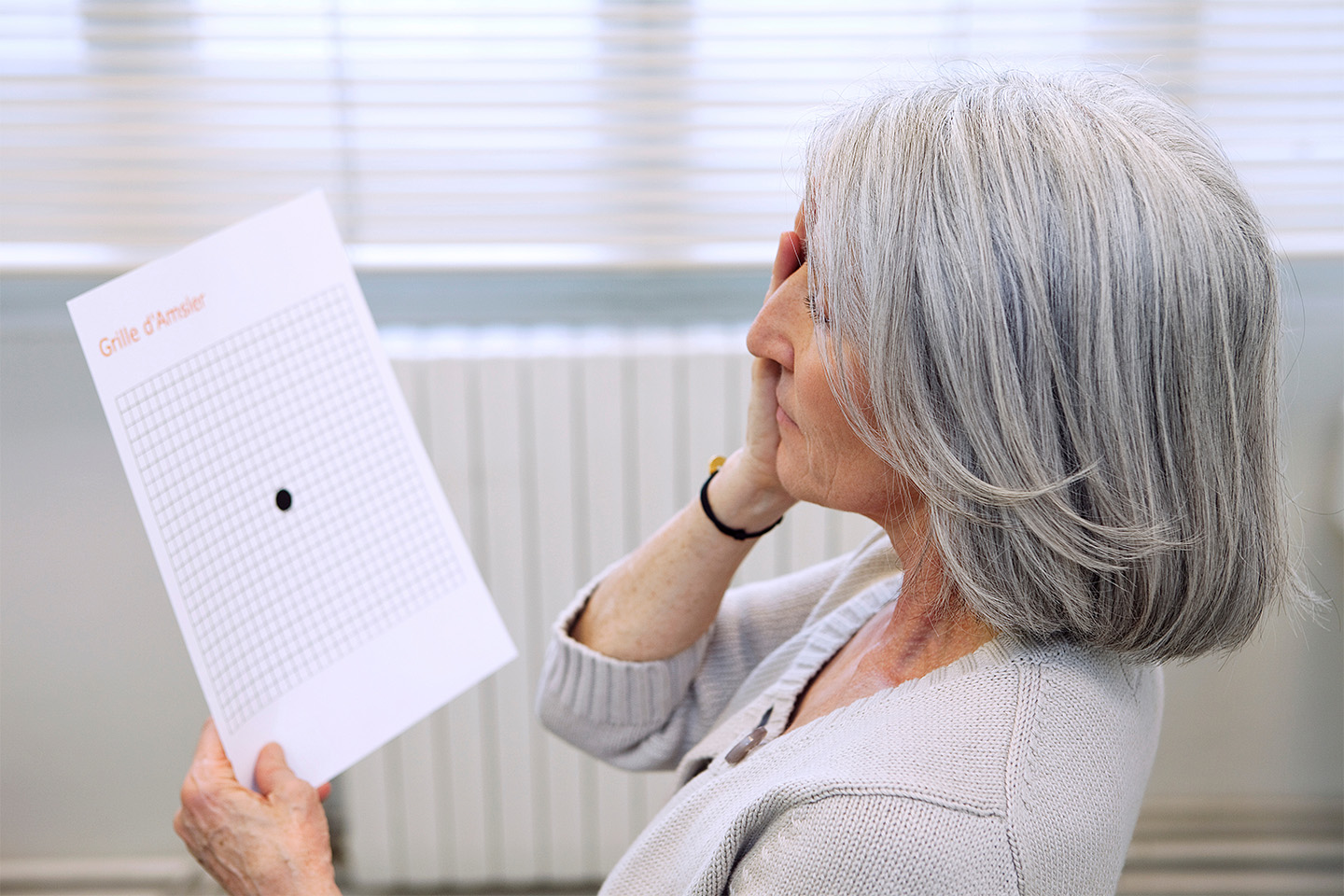5 Ways to Reduce Your Risk of Glaucoma

Although glaucoma cannot be prevented, you can reduce your risk of vision loss with early diagnosis and treatment.
Glaucoma is a common eye disease that can cause vision loss and blindness. Unfortunately, its genetic nature means it cannot be outright prevented, and its symptoms cannot be cured or reversed once they appear. However, if detected early and treated properly, studies suggest that there are many things you can do to delay the onset and reduce the severity of this condition.
Glaucoma is a group of diseases that prevent fluid from draining from the eye, resulting in increased intraocular pressure. Over time, this pressure weakens the optic nerve. Since this nerve is tasked with sending messages from the retina to the brain, damage to it can cause vision loss and blindness.
Glaucoma can be asymptomatic at first, which is one of the reasons it is so important to detect the disease early. As the disease progresses, symptoms can include patchy peripheral vision, increased tunnel vision, headaches, nausea and vomiting, and halos around lights.
How to Know If You Have Glaucoma
During a thorough eye exam, your eye doctor will conduct tests to see if you have glaucoma. In addition to soliciting a comprehensive rundown of your medical history (ocular and otherwise) to see if you are of higher risk, your ophthalmologist may perform any or all of the following tests:
- Tonometry: This measures the pressure of your eye fluid, also known as intraocular pressure. It involves a light puff of air being directed into your eye, and is conducted with a slit lamp and a special prism.
- Gonioscopy: This uses a special lens to measure the angle formed between the iris and cornea, which is important in eye fluid drainage.
- Pachymetry: This measures corneal thickness.
- Dilated eye exam: In this test, your doctor will use eye drops to widen your pupils, and will then use a special lens to look inside your eye.
- Visual field: This determines the strength and accuracy of your peripheral vision.
- Visual acuity: Perhaps the most well-known eye test, this evaluates your sight at various distances using an eye chart.
How to Spot Glaucoma Early (and Treat It Once You Do)
Again, while glaucoma cannot be prevented, it is still important to do everything in your power to spot it as early as possible. Further, once you have received a glaucoma diagnosis, you needn’t resign yourself to bad vision for the rest of your life. Here are several things everyone should keep in mind as they approach their later years:
Be Aware of Risk Factors
There are a number of factors associated with an elevated risk of developing glaucoma, including high natural eye pressure, being of Black or Hispanic descent, being over the age of 65, a family history of glaucoma, thinning optic nerves, and other health conditions like diabetes.
Get Regular Checkups
Receiving a thorough eye exam is the only way to know for certain whether you have glaucoma. The frequency with which you should get these exams depends on your age:
- Under age 40: every five to 10 years
- Age 40 to 54: every two to four years
- Age 55 to 64: every one to three years
- Age 65 and over: every one to two years
Use Eye Drops As Prescribed
Your doctor may prescribe medicated eye drops to help treat glaucoma. Glaucoma can sometimes advance without pain or apparent symptoms, but it is important to continue treatment as directed. Talk to your doctor and continue using the eye drops for as long as prescribed.
Exercise Regularly and Eat Right
Studies suggest that regular exercise and a healthy diet can reduce eye pressure. As such, depending on the patient, moderate exercise like walking, jogging, or working outside at least three times per week can lessen the effects of glaucoma. According to the American Academy of Ophthalmology, nutrient-rich foods including kale, salmon, oranges, and black eyed peas are also good for eye health.
Avoid Eye Injuries
Eye injuries can contribute to the progression of glaucoma. When participating in sports and other potentially harmful activities, be sure to wear protective eyewear. It’s also important to protect your eyes during routine activities by wearing UV sunglasses whenever you’re outdoors for long periods of time.
Protecting Your Eyesight
Although glaucoma cannot be prevented, proper treatment and management can help preserve your vision and slow the progression of the disease. Receiving a glaucoma assessment from an eye doctor is the first step toward ensuring an early diagnosis.
With decades of collective experience, the experts at ICON Eyecare are ready to help you meet all your eye care needs. Schedule an appointment today and find out what you need to be doing to enjoy clear vision for years to come.
Request An Appointment.
Give us a phone call at (970) 256-0400 Monday – Friday, 8am-5pm to schedule a consultation.










 (970) 256-0400
(970) 256-0400